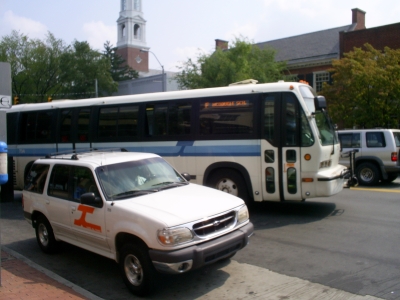Is it true that effective conservation almost needs to become a reflexive act?
I’m lucky I had adults in my life – my parents, my friend’s parents, relatives, neighbors – that internalized the lessons of economy and reflexive conservation. Maybe they were like my father, who hailed from a large family whose generosity never flagged though they were more than pinched by the Depression. Maybe they were like my next door neighbor, a Cherokee, that grew up not only in severe circumstances but suffered the privations of a second-class citizen. Maybe they were farm folk, like the Finleys, that understood you saved this years bounty because next year might be a bust.
Whatever the reason, these folk demonstrated daily the practical application of a simple idea: “waste not, want not.” Hey, they weren’t saints, and they weren’t always consistent, but from them, somewhere along the way, I internalized the lessons of “turn that light off” or “close the door, you’re letting the heat out” or “stop idling the car”. I’m not always consistent or reflexive either but I do try to be aware of the environmental impacts of my behavior and modify my life accordingly.
It appears this Town Transit worker needs to internalize a few lessons in conservation.

One of these must go!
Monday, while I spent an hour Downtown campaigning, I noticed this Town-owned Transit department SUV quietly idling in front of the Varsity. I’d say the sidewalk temperature was 90 degrees, give or take. For quite awhile this worker sat making notes on his clipboard, I suppose in a bubble of A/C, while buses pulled in and out. Why did he stay in his SUV, idling $3.00/gallon gasoline, instead of moving into one of the many air conditioned restaurants/cafes/ice-cream stores that offer an easy vantage? Was it just an aberration? Unthinking behavior?
Is it possible for an organization to become reflexively conservative?
Chapel Hill Transit is selling the message that reflexive use of public transportation is good for the environment. What are we doing in Chapel Hill’s Town government to internalize the lessons of conservation? How many other vehicles like this SUV are in the Transit fleet? How many SUVs are active in our whole fleet? Why do we need SUVs at all?
I just got a note from Town Manager Cal Horton that the fleet usage data I requested a while ago will finally be available (some statistics like these that are partially outlined in this April 25th’s agenda item).
This behavior is not atypical. Nearly daily I’ve seen part of our own fleet of “leather-seated SUVs” idling in the heat or cold. I’ve seen supervisors hanging out of their car windows, chatting away, while they burn off more of our tax monies. I’m sure this particular staff member was performing a basic duty – making sure the buses ran on-time, transit staff was courteous, passengers boarded without problems – all laudable activities.
My problem is the unthinking waste. Maybe it just didn’t reflexively occur to them to cut-off their vehicles.
As a Councilmember I will provide leadership to speed our Town’s laggard implementation of the “Green Fleets” initiative. I applaud the Town’s recent purchase of a 1000 gallons of the currently cheaper than diesel biodiesel (and wonder if my recent email to Council helped spur some action) but we need to do more than work on statistics.
We need to take immediate steps to rightsize our fleet (no more “leather-seated SUVs”), to set specific goals for reducing fuel usage by upto %10, to reward departments and employees that hit those targets and, most importantly, to instill in our organization a bone deep appreciation for conservation.
Leave a Reply
You must be logged in to post a comment.